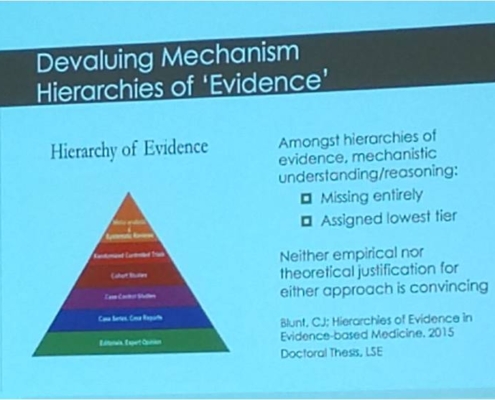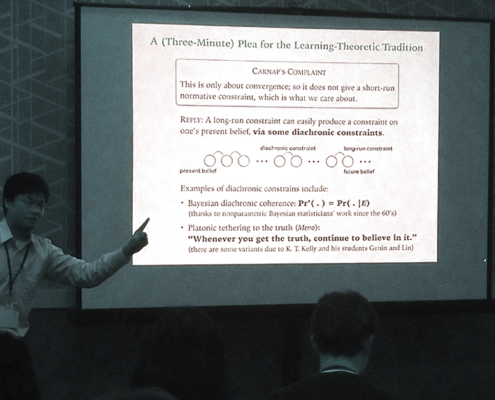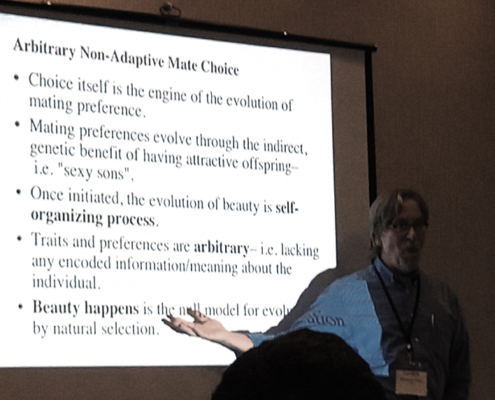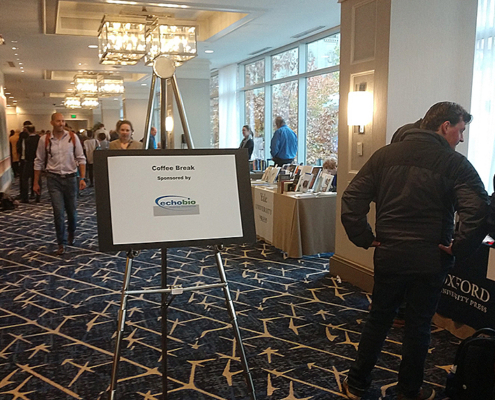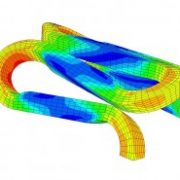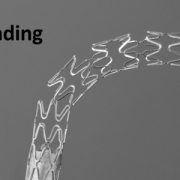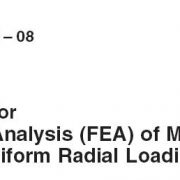Improving Medicine with Philosophy of Science
Philosophy addresses issues that can’t be settled by facts alone, and the philosophy of science is the application of this approach to the domain of science [1]. More than ever we need philosophical analysis and perspective to realize the benefits of science, particularly in the realm of health and healing.
We recently attended the Philosophy of Science Association’s 26th biennial meeting in Seattle. The scientific papers were high quality and brought together experts and skeptics from diverse fields. We went for the latest in modeling, simulation and philosophy of medicine and came away with a whole lot more.
Some highlights of the meeting related to medicine, modeling and nature include:
Thought provoking Symposia on the philosophy of medicine: Medical Skepticism; Philosophy of the Biomedical Sciences; Machine Learning in Cancer Research; and Medicine and Epidemiology. The Medical Skepticism session included discussion of evidence based medicine, randomized clinical trials, precision medicine and emerging ideas for humans, health and healing. The slide below from Mark Tonelli and Jon Williamson’s presentation “Lopsided Skepticism: Mechanism in Clinical Medicine” argue that “reasoning about and from mechanism will remain a crucial skill of clinicians aiming to optimize the care of individual patients”.
High quality technical presentations on Scientific Modeling and Computer Simulations: Models and Representations; Exploratory Modeling; Math and Logic; Bayesianism; Formal Epistemology and Decision Theory, and so much more.
We couldn’t possibly make it to all of the talks that were relevant, but did cover enough for a better perspective on the role of computer simulations in science and engineering. Below is a photo of Hanti Lin making a (three minute) plea for the “Learning-Theoretic Tradition”.
“Beauty happens is the null model for evolution by natural selection”:
Richard Prum from Yale University made this point in a talk titled “Evolutionary Implications of the Subjective Experience of Animals”.
Here is a glimpse of the book sale during the ECHOBIO hosted coffee break on Saturday.
Join the Philosophy of Science Association and learn more.
References:
- https://aeon.co/ideas/why-philosophy-is-so-important-in-science-education (Accessed November 11, 2018)

